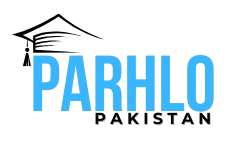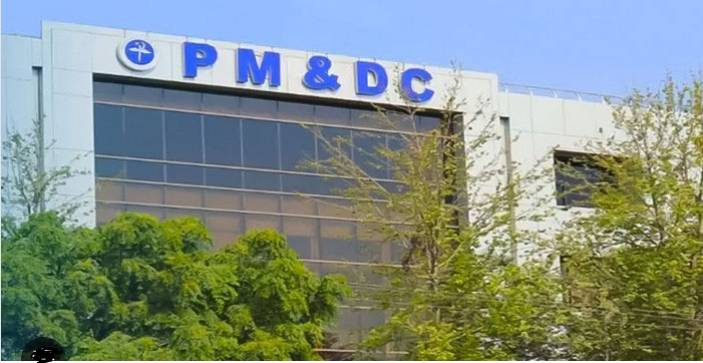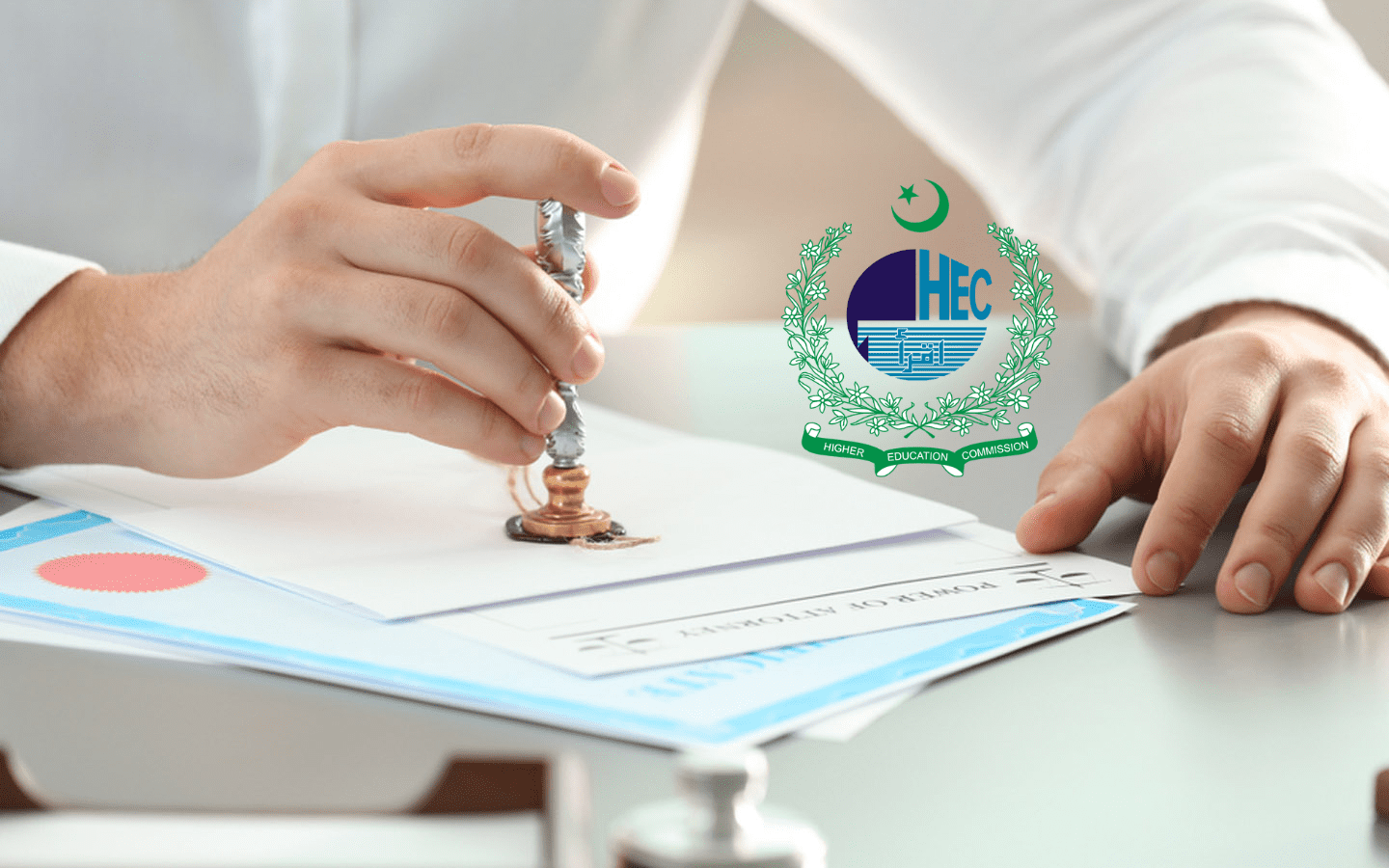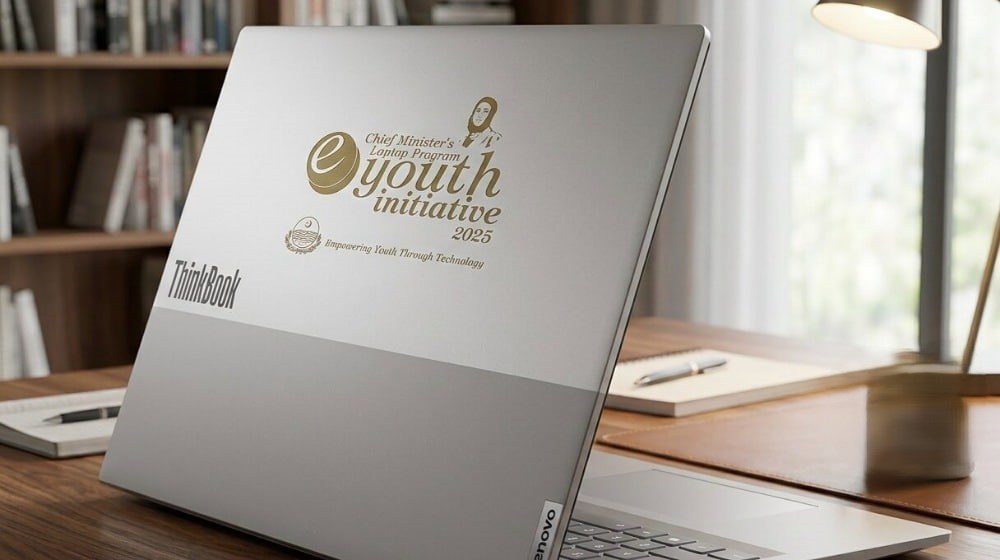In a major and much anticipated regulatory development of Pakistan Medical and Dental Council (PMDC) has officially set the maximum annual tuition fee for private medical and dental colleges at Rs 1.89 million for the 2025 – 26 academic session. This decision represents a 5 percent increase from the previous limit of Rs 1.8 million.
This aims to bring structure, consistency and fairness to the medical education sector in Pakistan. The move comes under the authority of the PMDC Act 2022 and follows recommendations made by the Medical Education Committee formed by Prime Minister Shehbaz Sharif to review and reform medical education policies nationwide.
Understanding the New Fee Cap and Its Timeline
The new PMDC policy allows private medical and dental colleges to charge a maximum of Rs 1.89 million per year for their MBBS and BDS programs during the 2025–26 session. This adjustment is intended to reflect inflationary pressures while keeping education costs within a controlled range. Starting from the 2026–27 academic year future tuition fee adjustments will be linked to the Consumer Price Index (CPI). To ensure that any increase in fees corresponds directly to the country’s inflation rate.
In addition private institutions must publicly display their approved tuition fee structure at least three months before admissions begin. This requirement outlined under Section 20(7) of the PMDC Act aims to promote transparency and prevent students from facing hidden or last minute fee surprises.
Colleges that violate this policy or advertise fees higher than the approved limit face strict disciplinary penalties under Section 33 of the PMDC Act. Such penalties may include the suspension of accreditation admission restrictions or even legal action. This decisive move by the PMDC is designed to regulate tuition but also to enhance the credibility and accountability of private institutions offering medical and dental education in Pakistan.
Background: A Longstanding Issue of Unchecked Fee Hikes
- Rising tuition fees in private medical and dental colleges worried students and parents.
- Many colleges charged hidden fees above approved limits.
- Middle-income students struggled to afford medical education.
- Private colleges resisted fee control, citing higher costs.
- Public and media criticized education commercialization.
- PMDC capped fees at Rs 1.8 million for 2024–25.
- Senators raised concerns over unregulated hikes.
- PM Shehbaz formed a committee led by Ishaq Dar.
- Committee recommended the new Rs 1.89 million cap for 2025–26.
Reactions from Students, Parents, and Private Colleges
Students and Parents
Many students and parents have welcomed the decision as a much needed step toward affordability and fairness in medical education. However some have voiced ongoing concerns that even with the cap in place colleges continue to impose excessive charges under different categories.
Parents whose children were admitted in previous sessions claim they were compelled to pay up to Rs 2.7 million annually far beyond the official cap. They have appealed to both the PMDC and government authorities to ensure that the policy applies consistently and that any excess fees already charged be refunded or adjusted.
Private Colleges and Institutions
On the other hand representatives of private colleges have expressed apprehension about maintaining quality standards under strict fee restrictions. They argue that continuous inflation rising faculty salaries and increased utility costs make it difficult to sustain operations without corresponding tuition increases.
To address these concerns the PMDC has permitted institutions to submit financial justifications if they wish to request fees higher than the cap provided. They remain within a reasonable threshold and receive formal approval after evaluation.
In earlier directives the PMDC had already ordered institutions that collected fees exceeding Rs 1.8 million in previous years to refund or adjust the difference for affected students in subsequent sessions. This shows the Council growing commitment to transparency and fairness in education costs.
Implications for Equity and Transparency in Medical Education
The decision to fix the maximum annual tuition fee at Rs 1.89 million represents a significant attempt to curb the commercialization of medical and dental education in Pakistan. It sends a clear message that education should not be treated as a purely profit driven enterprise. By linking future increases to the Consumer Price Index the PMDC aims to create a balanced approach. It ensures sustainability for institutions while protecting students from sudden excessive fee hikes.
Moreover, the mandatory requirement for colleges to publicly display tuition fees months before admissions is expected to reduce the common practice of hidden charges. This measure is also likely to foster greater trust between students and institutions. However, the real test lies in implementation and enforcement. If monitoring remains weak some institutions may still find loopholes to impose extra costs under different heads such as laboratory fees hostel charges or miscellaneous expenses.
Ensuring compliance and accountability will therefore be the key to making this reform truly effective. Students and parents along with the media and civil society will also play an essential role in holding institutions accountable by reporting violations and demanding corrective actions.
Challenges and the Road Ahead
- PMDC’s new tuition policy is a major step forward but faces enforcement challenges.
- Consistent monitoring of hundreds of colleges across Pakistan remains a concern.
- Without inspections, some institutions may overcharge while appearing compliant.
- Questions persist about the appeals process for financially struggling institutions.
- Exceptions must undergo strict financial scrutiny to prevent fee manipulation.
- The fee cap may affect quality if colleges cut costs in staff or infrastructure.
- Balancing affordability and educational quality is crucial.
- Overall the policy promotes transparency regulation and equitable access to medical education.
The Role of Parhlo Pakistan
At Parhlo Pakistan we are dedicated to informing educators parents and students about the advancements in the country educational system. In addition to providing comprehensive coverage of governmental initiatives and institutional reforms. We also aim to be your go to source for real student focused educational news including updates on academic policies and exam schedules.
Giving students information to help them make decisions about their academic futures. Students can get information about topics like rules, admissions procedures, and career counseling in a variety of subject areas by staying update with Parhlo Pakistan.
Conclusion
The PMDC decision to fix the maximum annual tuition fee at Rs 1.89 million for private medical and dental colleges. The 2025–26 academic year is a landmark move toward greater fairness and transparency in Pakistan medical education system. By tying future adjustments to inflation and requiring colleges to display their fees publicly. The PMDC has taken meaningful steps to prevent exploitation and restore trust in private medical institutions.
In addition to promoting fair access to high quality education for future physicians and dentists, this policy guarantees predictability and accountability. However, rigorous enforcement open monitoring, and the shared accountability of institutions and regulatory bodies to maintain moral standards will ultimately be necessary for this reform to succeed.
If implemented effectively this initiative could mark the beginning of a more transparent and accessible for medical education in Pakistan. Where students can pursue their dreams without being burdened by unfair financial demands.




